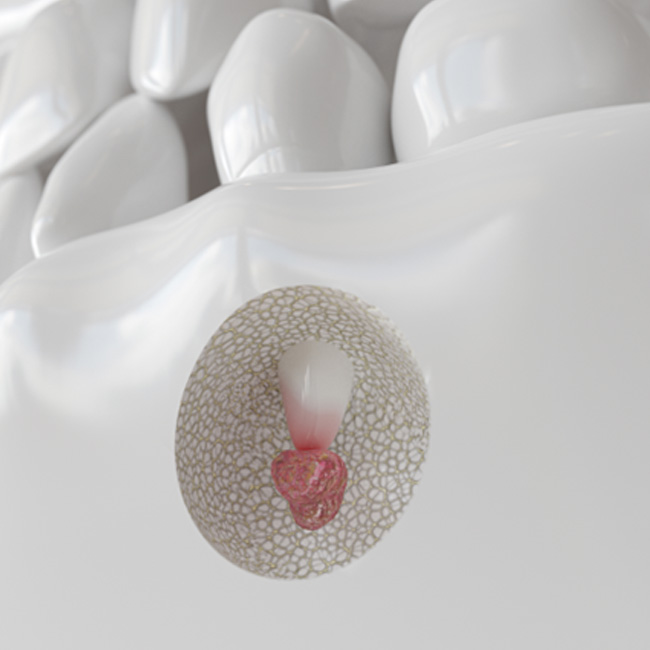Apicoectomy Katy
Preserve Your Tooth and Avoid an Extraction
Root canal therapy can be an effective way to save damaged and infected teeth, but it is not always 100% effective. Sadly, root canals can fail sometimes, leading to the need for additional treatment. Here at Piney Point Oral & Maxillofacial Surgery in Katy, we may be able to preserve your tooth via a surgery known as an apicoectomy. What is an apicoectomy, and why might you consider getting one? Continue reading below to find out, or contact our team directly to ask questions.
What Is an Apicoectomy?

An apicoectomy is a surgery that is sometimes performed when a tooth has a failing root canal or a large cyst around its root. An infection can spread beyond the tooth and start causing problems in the surrounding tissue.
To preserve your tooth and fight the infection, we may perform an apicoectomy. During the procedure, we carefully remove the root of the infected tooth and any nearby infected tissue. After the area is sealed, the tooth may be able to go on providing reliable function for many years.
Benefits of an Apicoectomy

An apicoectomy has several potential benefits:
- This surgery may be able to preserve your natural tooth and allow you to avoid the need for an extraction.
- You may experience relief from discomfort caused by infection or inflammation.
- The procedure can help stop the spread of infection to surrounding tissues, thereby protecting your oral and overall health.
- Your tooth could continue to function reliably for many years after the procedure.
- By avoiding extraction, you may prevent the need for more extensive and costly dental work, such as implants or bridges.
The Apicoectomy Process

After we determine that you need an apicoectomy, we carefully plan your treatment and then begin the procedure. First, we numb the area with a local anesthetic and may offer sedation to ensure your comfort. Then, we make a small incision in your gum tissue near the affected tooth to access the underlying bone and the root tip. We remove the infected tissue and the tip of the root, which eliminates the source of the infection and reduces the risk of it returning.
Next, we thoroughly clean the area and seal it with a biocompatible material to promote healing and protect your tooth. Once we finish, we suture your gum tissue back into place. We will give you detailed post-operative care instructions and schedule follow-up appointments to monitor your recovery.
What Happens After My Apicoectomy?

You can expect your mouth to be sore for a time after your apicoectomy. We will give you instructions to minimize discomfort during your recovery. For example, you may need to take pain medications and avoid foods that could irritate the surgical site. We may also prescribe some antibiotics for you; this can reduce the risk of another infection. Most patients are able to resume their normal routine within a few weeks of the procedure.

